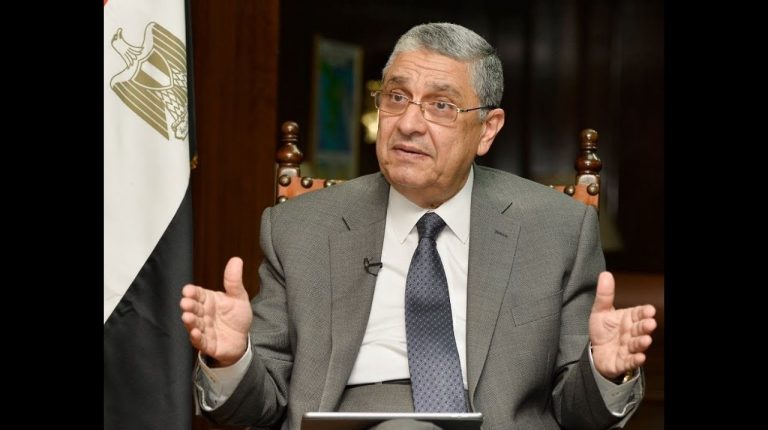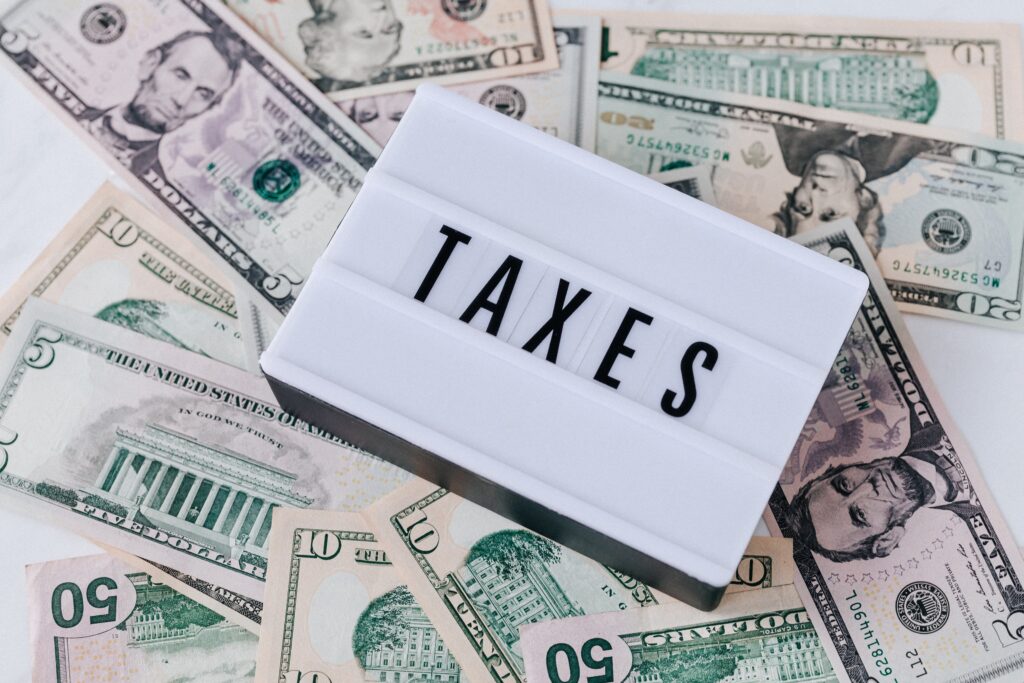The Egyptian government approved in August a regulation requiring foreigners applying for residency or visa to pay the fees in hard currency, in line with the government’s plan to tackle the US dollar shortage the country is grappling with.
According to the regulation, foreigners applying for residency, whether for tourism or other purposes, must convert the fees from Egyptian pounds to US dollars through either a local bank or an authorized foreign exchange company. They are also required to provide an invoice for the transaction.
The regulation also includes a three-month grace period for foreigners without valid residencies to regularize their stay, provided they have an Egyptian host and pay an administrative fee of $1,000.
According to a recent report by the International Organization for Migration (IOM), Egypt is currently home to nearly 9.1 million foreigners from 133 different countries. This number has increased significantly since the onset of the Sudanese civil war in April 2023, leading to over 200,000 people seeking refuge in Egypt, as confirmed by the Egyptian cabinet.
There are multiple rationales underlying such a measure, Ali Metwally, Director of Economic Intelligence at ITI Consulting told Business Monthly.
“One primary objective is to deter individuals from entering or remaining in the country illegally. Imposing financial burdens on those without proper documentation serves as a deterrent, dissuading individuals from pursuing such illegal activities,” he explained.
Furthermore, Metwally pointed out that imposing fees on undocumented residents plays a role in identifying and monitoring individuals who could potentially pose security risks to the nation.
Metwally explained that this governmental decision can be seen as an initiative to provide individuals with the opportunity to formalize their immigration status by following the established legal procedures and fulfilling the necessary fee requirements.
He also suggested that Egypt might be implementing these policies in alignment with specific bilateral or multilateral agreements, negotiations with trade partners, or as a means of signaling progress in immigration and foreign policy objectives to the international community.
Metwally also highlighted additional factors related to economic reliability.
“Utilizing the US dollar or foreign currencies, in general, can convey a sense of trustworthiness and transparency in financial matters,” he emphasized. The Egyptian pound (EGP) is susceptible to inflation and volatility, which makes the use of foreign currency a way to ensure that these fees maintain a relatively stable value over time and prevent depreciation.
Metwally also noted that some undocumented residents may possess funds in foreign accounts or engage in international financial transactions. This makes the use of foreign currency more convenient for both the government and the central bank when it comes to tracking and collecting these fees.
In the grand scheme of things, this measure is part of a broader strategy aimed at tackling the existence of an illicit black market,” he emphasized.
The director pointed out that denominating fees in a foreign currency acts as a deterrent for individuals to engage in the illegal black market, particularly given the ongoing disparity between official and black market exchange rates.







